California’s minimum wage law, which requires the payment of higher pay to the workers, may reduce Subway to its smallest size in decades. This is a high stakes test case for Subway, which has been one of the largest fast food brands for decades.
The New Minimum-Wage Law in California
California has always been at the forefront of progressive labor laws. The state’s latest move is the implementation of a new minimum-wage law. From January 1, 2024, the minimum wage in California is $16.00 per hour for all employers.
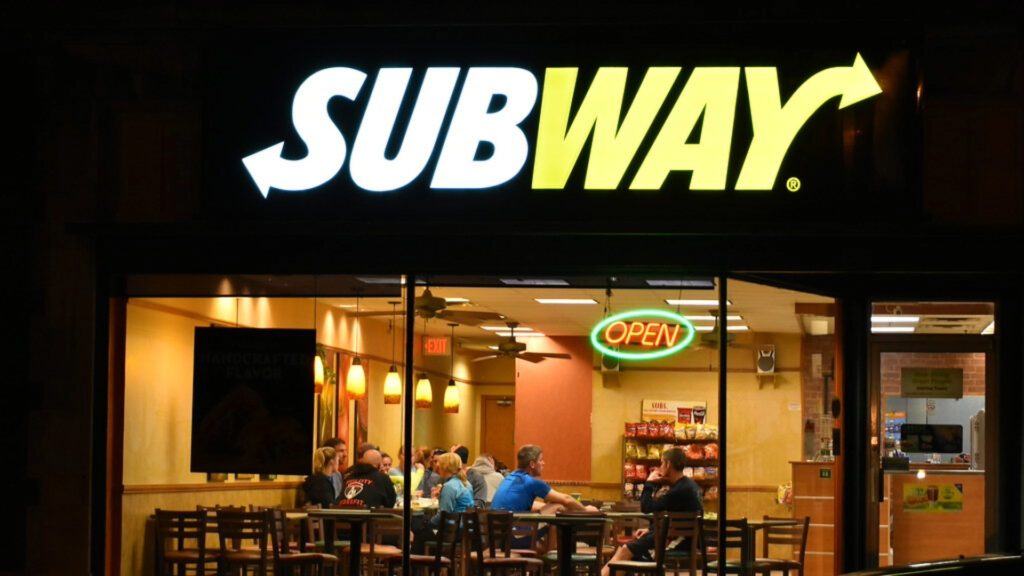
However, fast-food restaurant employers, including Subway, will have to pay a higher minimum wage of $20.00 per hour from April 1, 2024. This is a significant jump from the previous minimum wage and is aimed at improving the standard of living for the workers in the state.
Subway’s Faces Troublesome Times With Numerous Stores Closing
Subway is in a precarious situation. The sandwich company, once a diversified network of stores across the US, has been shrinking over the years. Last year alone, Subway shut down 443 stores in the US. The net total number of restaurants slumped to 20,133 US stores from 20,576 a year ago.

This decline in store numbers is a cause of concern for the company, which is still grappling with several issues, including increased competition and changing consumer needs.
Subway Has Peaked With 27,000 Stores In 2015
Subway has been about fast expansion followed by contraction. Subway recorded its peak in 2015 with approximately 27,000 stores spread across the United States of America. However, the number of Subway restaurants has been gradually coming down since then.
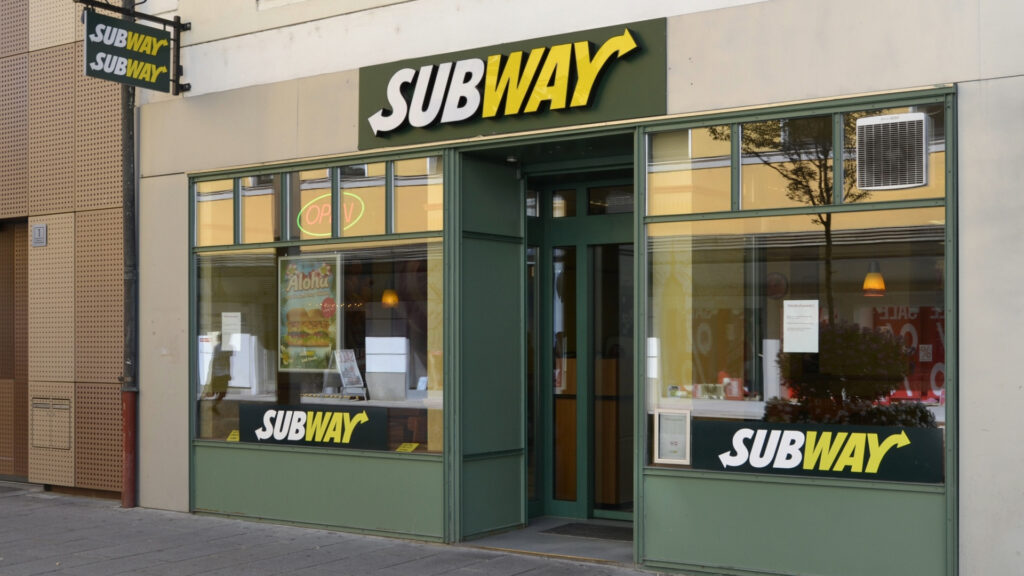
Currently, the company is operating its fewest stores since 2005. That contraction is the most striking contrast in Subway’s history, unlike the rapid expansion that characterized Subway’s growth in the early 2000s.
Subway Has Been Particularly Popular In California
Subway’s presence in California has been significant. The state has recorded many of the chain’s restaurants. At the beginning of 2017, there were 2,719 Subways in California. That was a testament of the popularity of the brand in California.
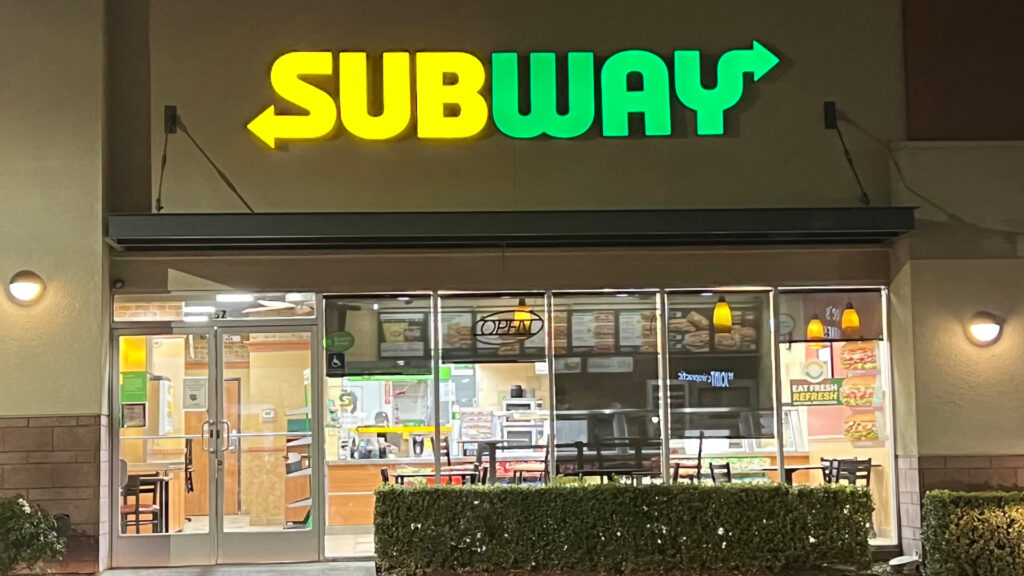
By the end of 2017, the number had plunged to 1,934. That is a massive reduction that underlines how seriously and deeply the challenge is for Subway to maintain its footprint in California.
The Impact of the Minimum-Wage Hike On Subway
The new minimum-wage law in California may well have a significant impact on Subway and other fast-food chains. The new law is such that labor represents almost 28% of a Subway operator’s costs.

With the new law mandating a higher minimum wage, that may result in such massive increases in cost that many of the operators in the Golden State will have no more way of making ends meet. That is a massive challenge for Subway, and it must find a way of adapting to new labor laws in California while maintaining profitability.
The Reaction of Franchisees Have Been Concerned
The franchisee reactions to the new minimum wage law have not been too positive. Many of the franchisees are concerned and are considering closing their stores when their leases come due. Subways lease its spaces with five-year options.
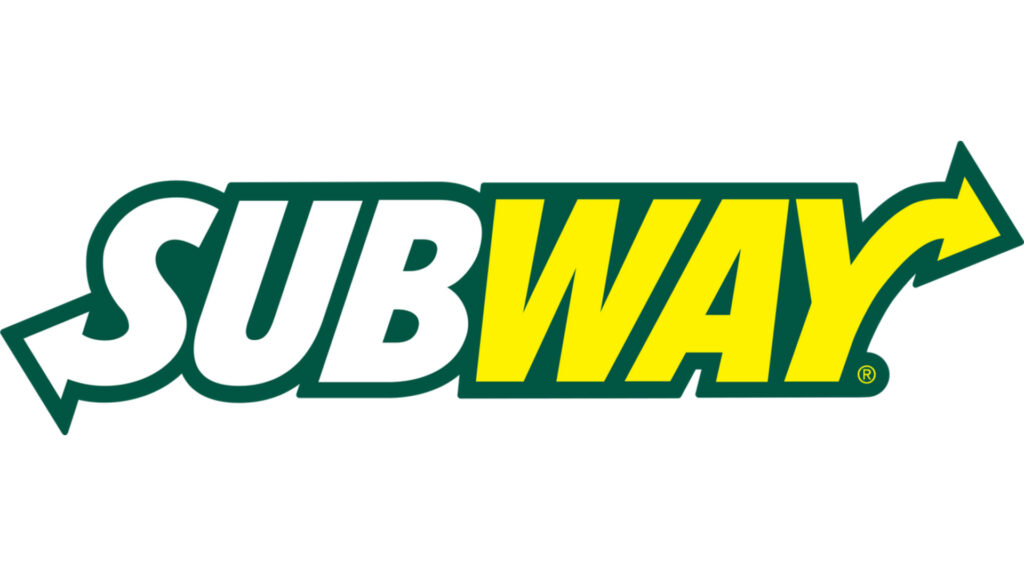
With the increased labor costs, many have not been able to maintain profitability, so closure, in their view, seems like a viable option.
Price Increases Of Between 7-10 Percent At Some Stores
As a response to this increase, some of the Subway stores have started raising prices. Some stores have raised their prices up to 7 percent to 10 percent.

This policy may be helpful in offsetting the increased labor cost, but it may also alienate potential customers sensitive to price increases. How this price hike will affect Subway’s customer base and overall sales remains to be seen.
The Impact on Consumers Will Be Less Fast Food
The increase in the minimum wage and the subsequent raising of prices at Subway outlets affect consumers directly. The price of the fast-food items in California has increased 7% in six months, right before the statewide minimum-wage hike to $20 per hour.
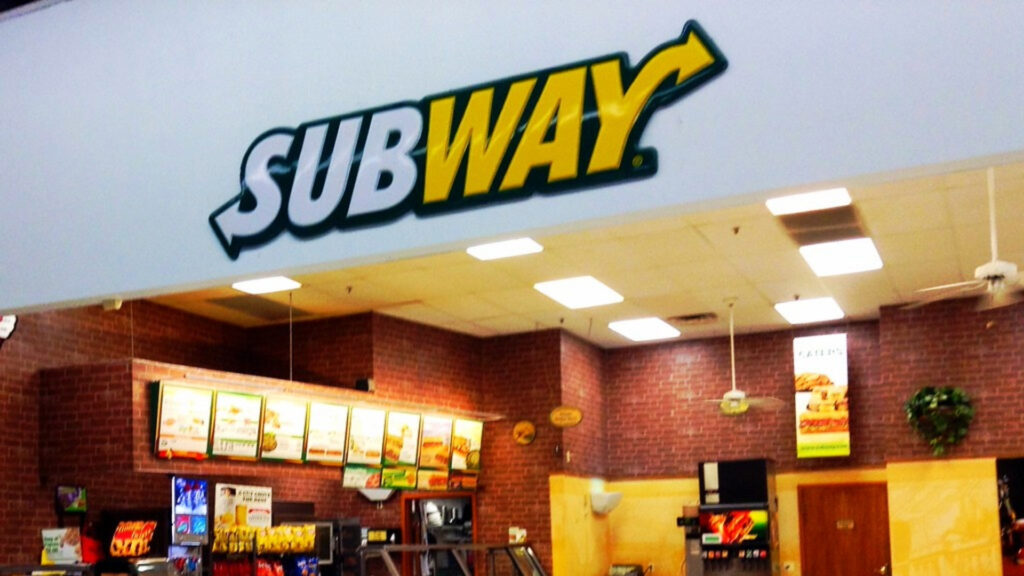
These price increases could scare away price-sensitive customers, which could hit Subway and other fast-food chains’ sales.
Subway’s Future Uncertain As More Store Closures Loom
While the future of Subway is uncertain, especially in California, the threat of more closures is looming over 2024. One of the major culprits behind this is the increased cost of labor in California due to the new minimum-wage law.
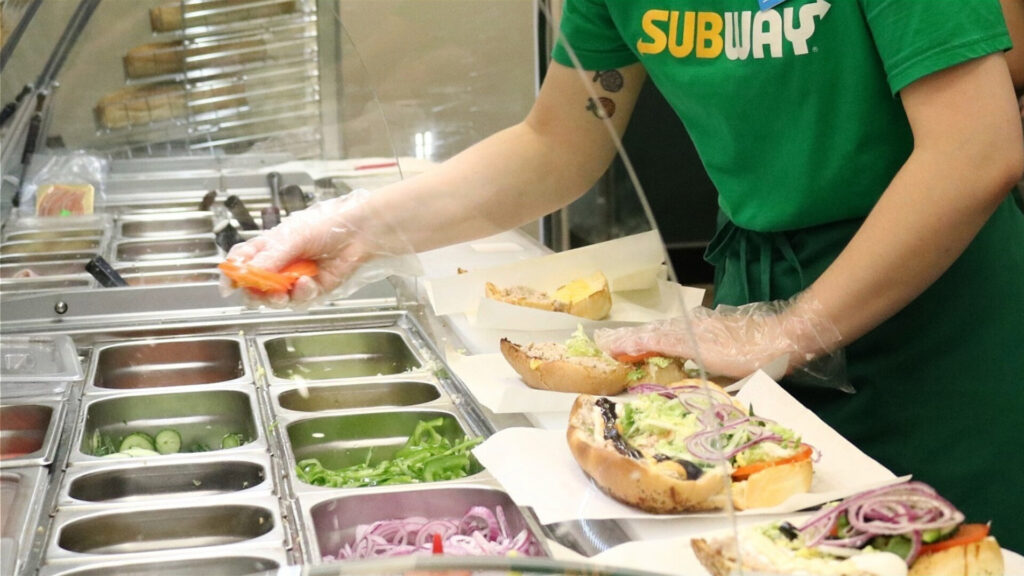
Subway will need to strategize its way through these challenges if it is to survive and continue its growth in the next years.
Subway’s Faces Stiff Competition From Chains Like Chipotle
Besides the internal struggle, Subway also faces stiff competition from other fast-food chains. Its runaway rivals, such as Chipotle Mexican Grill and Firehouse Subs, are offering seemingly fresher, healthier, make-it-yourself meals.
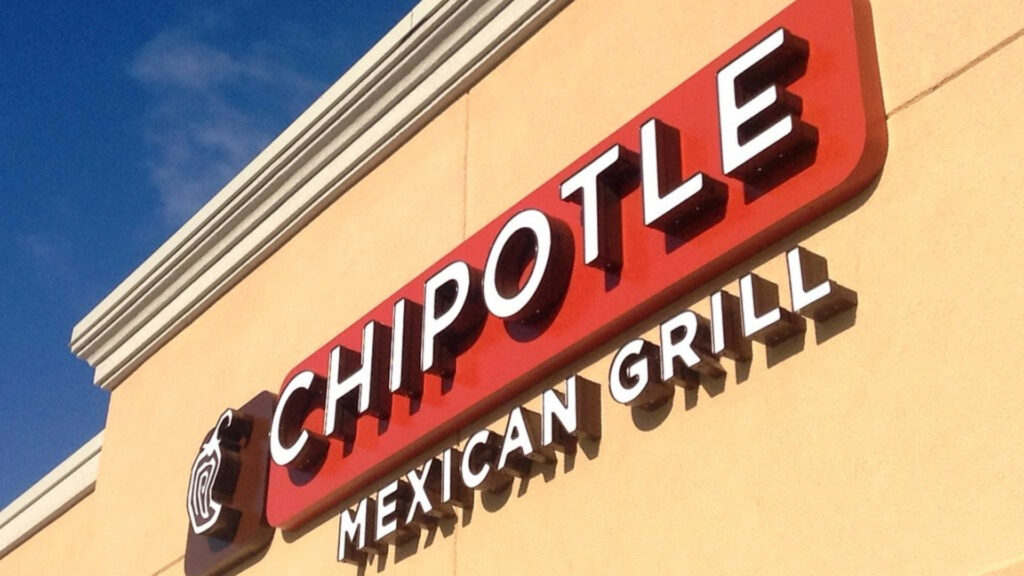
These products are becoming more and more appealing to the consumer, putting more pressure on Subway to innovate and remain relevant in the fast-food industry.
The Public’s Changing Perception of Health Impacted Subway Directly
Perceptions of what is considered a healthy meal have also changed with the years. People are becoming increasingly more knowledgeable and conscious of what they are putting in their bodies.

That is unfortunate for Subway, which has failed to keep up with this changing perception. The ‘fresh’ appeal of Subway has waned with consumers, adding another challenge to its already mountainous list.
Subway Faces One If It’s Biggest Challenges In 50 Years
Subway faces one of the greatest threats of its 50-year history. The retailer’s ‘fresh’ appeal, which once was the brand’s unique selling point, has lost its ‘sizzle’ with consumers. Added to this is the increased competition and amended labor laws that have begun to seriously tarnish Subway’s earnings expectations.
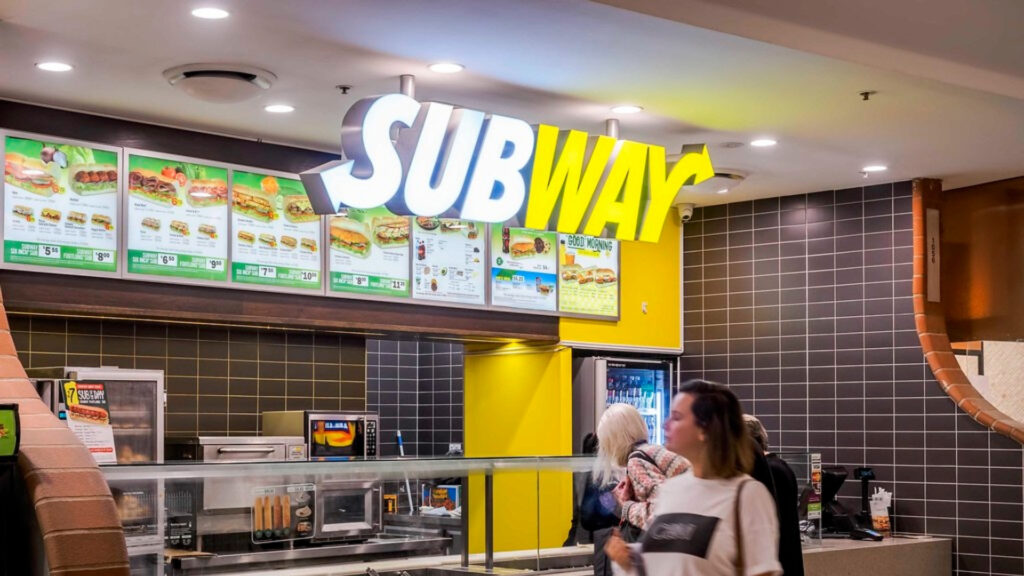
This creates a serious challenge for Subway, which will have to reconsider all the strategies and offerings of its business to regain its footing in the fast-food industry.
Labour Laws Have A Direct Impact On Businesses And Ultimately Consumer Spending
The impact of the minimum-wage law in California underscores the impact of changes in labor laws on business. Indeed, it will remain to be seen how Subway will adapt to these changes and what its strategies are to ensure its survival in the fast-food industry.

If the company can navigate through these challenges, it will define its future direction very well.
Subway Will Need To Be Responsive To The Changing Landscape In Order To Stay Afloat
In negotiating these challenges, Subway will need to be nimble and responsive to the changing landscape. This could be a re-evaluation of the business model, a reconsideration of the menu offerings, or perhaps an investment in new technologies that will increase efficiency and improve the customer experience.

Nevertheless, the challenges, however formidable, lie within the brand recognition and the solid establishment of Subway in the fast-food industry, providing a great foundation for Subway to build on.


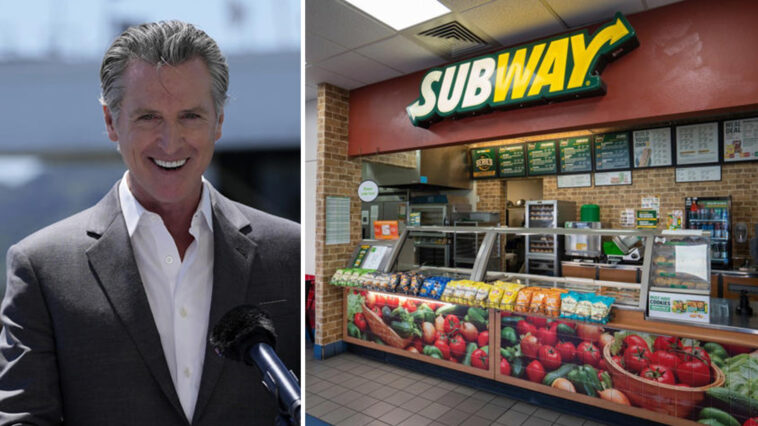


GIPHY App Key not set. Please check settings